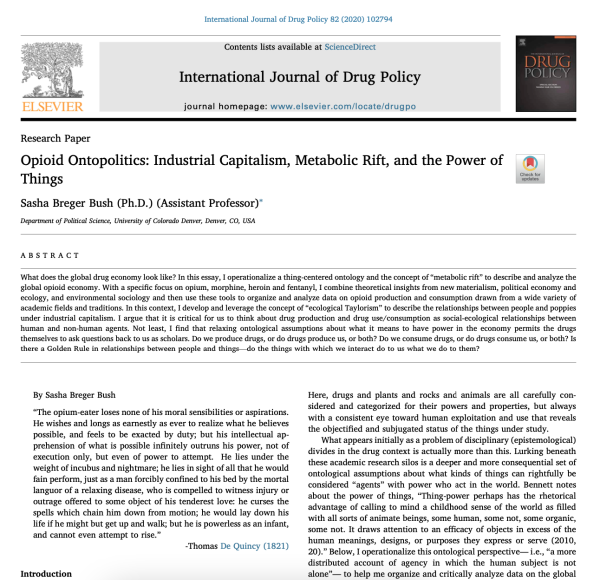
Taylor, B. C., & Bean, H. (2022). Close Calls: Reclaiming the Nuclear Hotline as a Communication Technology. International Journal of Communication, 16, 24.
Public discourse commonly depicts “communication” as a crucial function of nuclear hotlines. However, scholars have not critically examined images of communication that dominate the development and use of nuclear hotlines. Analysis of related institutional narratives reveals their multiple, competing conceptions of “communication.” While this interpretive flexibility may serve the needs of nuclear hotline stakeholders, it also creates ambiguity and contradiction that may distort its ongoing development. We subsequently surface key meanings of communication associated with the history, technology, and institutions of the nuclear hotline. We focus on two limitations of these narratives—theperpetuation of instrumental illusions, and the insensitive conception of mediated communication—and their implications for nuclear hotline development. We conclude by reviewing the benefits of revising these narratives and proposing an agenda for communication research.
https://ijoc.org/index.php/ijoc/article/view/19678
Bush, S. B. (2020). Opioid Ontopolitics: Industrial Capitalism, Metabolic Rift, and the Power of Things. International Journal of Drug Policy, 82, 102794.
What does the global drug economy look like? In this essay, I operationalize a thing-centered ontology and the concept of “metabolic rift” to describe and analyze the global opioid economy. With a specific focus on opium, morphine, heroin and fentanyl, I combine theoretical insights from new materialism, political economy and ecology, and environmental sociology and then use these tools to organize and analyze data on opioid production and consumption drawn from a wide variety of academic fields and traditions. In this context, I develop and leverage the concept of “ecological Taylorism” to describe the relationships between people and poppies under industrial capitalism. I argue that it is critical for us to think about drug production and drug use/consumption as social-ecological relationships between human and non-human agents. Not least, I find that relaxing ontological assumptions about what it means to have power in the economy permits the drugs themselves to ask questions back to us as scholars. Do we produce drugs, or do drugs produce us, or both? Do we consume drugs, or do drugs consume us, or both? Is there a Golden Rule in relationships between people and things—do the things with which we interact do to us what we do to them?
https://doi.org/10.1016/j.drugpo.2020.102794
